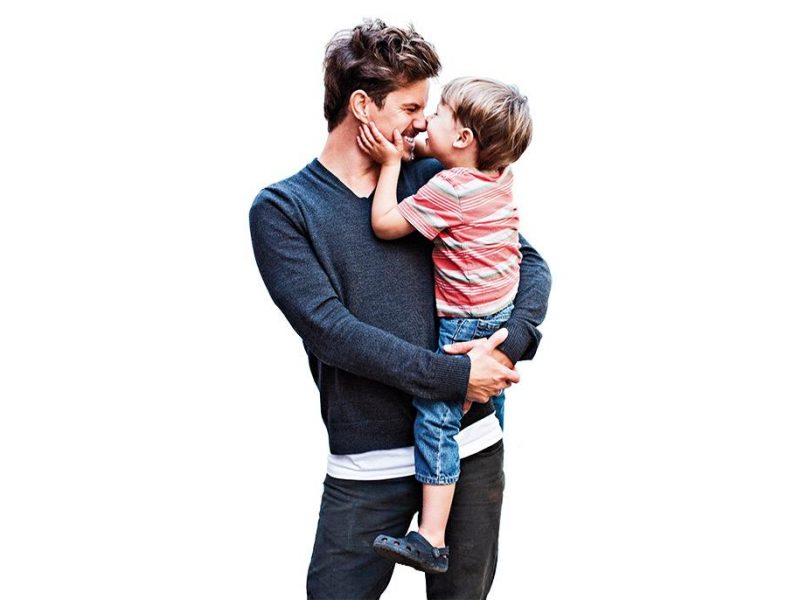What could possibly go wrong
I grew up in a house of five boys in one of the safest cities on the planet in an era when helicopter parents (or drone parents, as I prefer to call them) would have been laughed off the playground. Even for that time, however, my parents gave us a long leash.
When we were primary school age, we were expected to check in after school, but we were permitted (even encouraged) to disappear until supper. We could and did ride our bikes across half the city. We jousted on bikes too, with broomsticks, which produced some spectacular spills when they got jammed into someone’s spokes. We played around (but never swam – too dirty) all along the Speed River. We played house (in return for kisses) with the girls. We were in and out of countless homes of people my parents never knew of never mind met.
When we were teens, we had basically zero curfew. We were responsible for doing our own laundry, cleaning our rooms (in theory), and cooking for the family once a week. Otherwise we were relatively free to do what we wanted. The understanding was that we weren’t supposed to do anything stupid, and we (generally) didn’t. So long as we were doing our bit around the house and not getting into trouble, they were happy to let us do our thing.
I didn’t realize how different other families could be until I started to date the girl I would later marry. She was expected to come home every night after school. She had a pretty strict curfew. Her parents drove her to places rather than have her take the bus. She had to call home if there was any change to her plans.
Once she came over for breakfast on a Saturday morning. The whole family was sitting at the table except for the brother just younger than me, who hadn’t responded when called for food. “Hey,” my dad asked, “did your brother get in last night?”
We all shrugged. “No idea.”
My future wife was instantly panicked. “Should we call the cops? Where was he supposed to be? We should go looking for him!”
She must have thought we were crazy (she actually said so later), because none of us were at all worried. We knew he’d show up eventually. There wasn’t any point in wasting time looking for him when we had no idea where to start anyway.
All of which is to say that setting expectations for our own children is some times a bit difficult for us. I’m not nearly as easy going as my parents were, and my wife isn’t nearly as strict as her parents were, but I still tend toward a more relaxed approach to where my kids go and what they do, whereas she prefers a little tighter leash.
For example, I’m completely comfortable having my 9-year old walk 10 minutes to a friend’s house by himself, so long as he gives me a call when he gets there. I’m equally comfortable having my 11-year old go unaccompanied to a cards tournament at the comic shop on a Saturday afternoon. After all, we live in a really safe community where they know dozens of people well enough to drop by their houses if something were to happen.
My wife, however, finds this a bit more difficult. She’d prefer that a parent drop them off when they go to a friends’ place, that someone accompany them when they go to an activity, that they plan to meet people in the park in groups rather than just go and “see who’s there”.
Our different approaches take some negotiating. She keeps reminding me that times have changed and that kids need to be supervised differently now. Point taken. For my part, I keep reminding her that it’s impossible to eliminate risk entirely, and that trying to eliminate it comes at the cost of teaching responsibility and experiencing life fully. That’s not to say that we shouldn’t teach kids to behave responsibly, to let people know where they are, to call if their plans change, and to behave in safe ways, but we also need to encourage kids to make wise choices about risk rather than just fearful ones.







